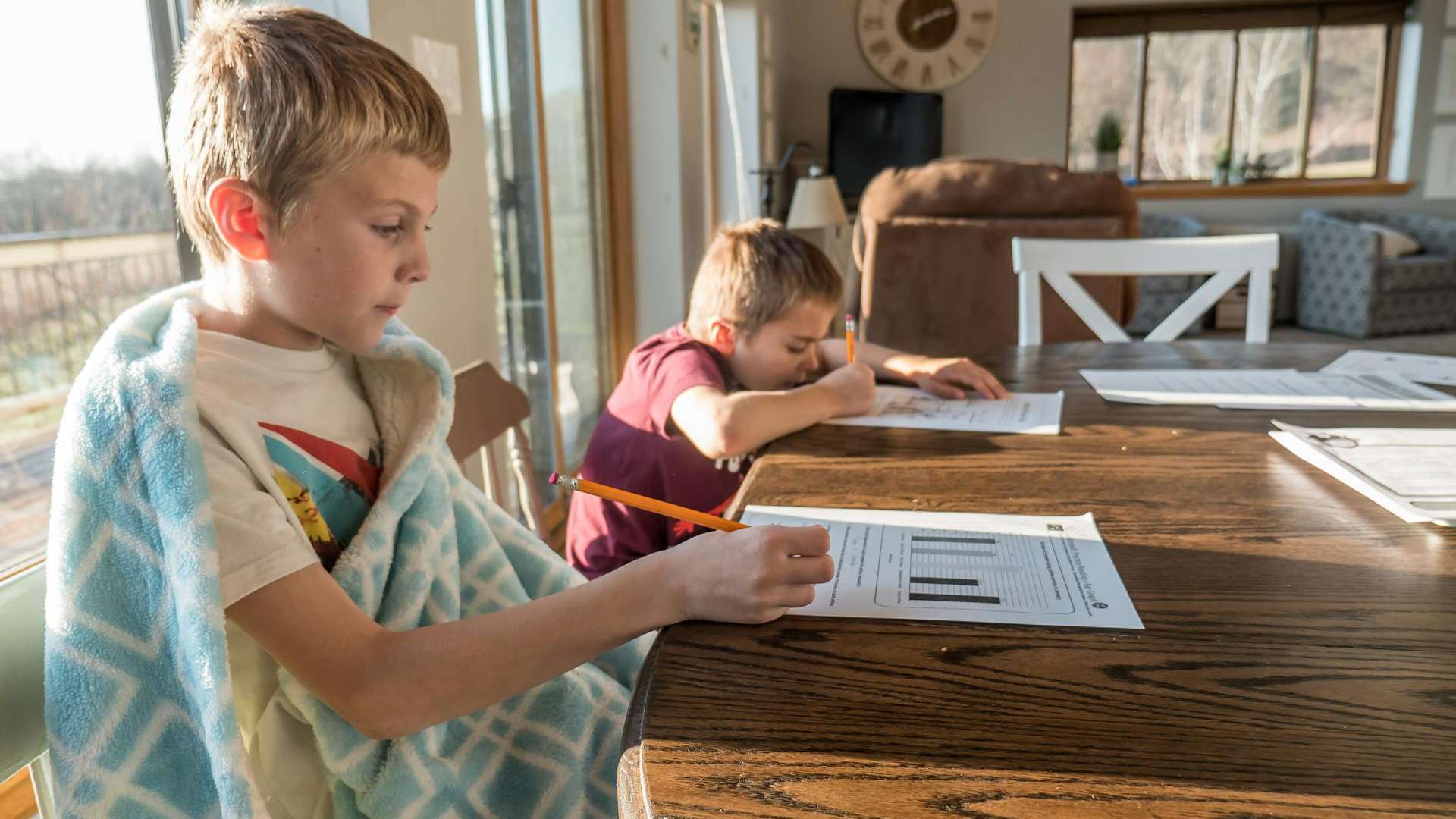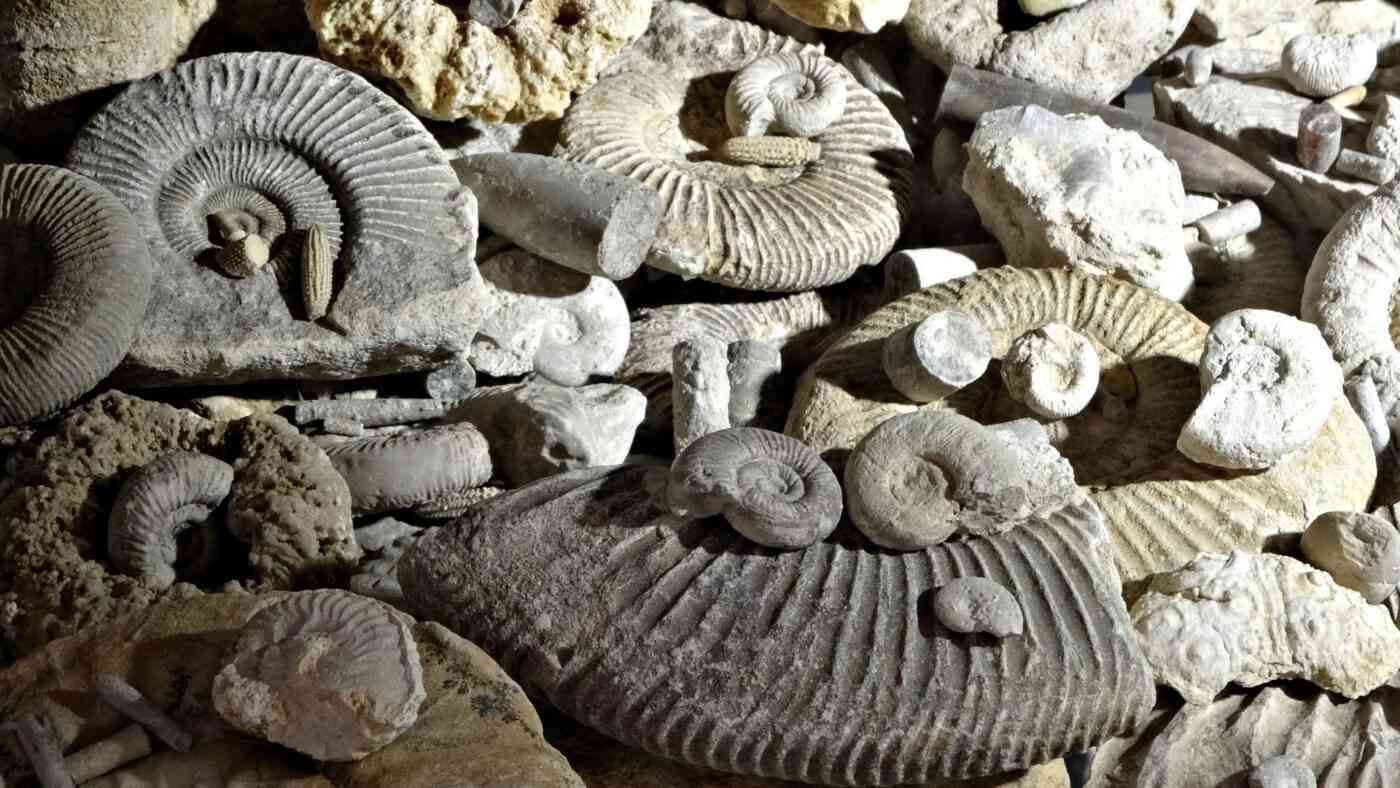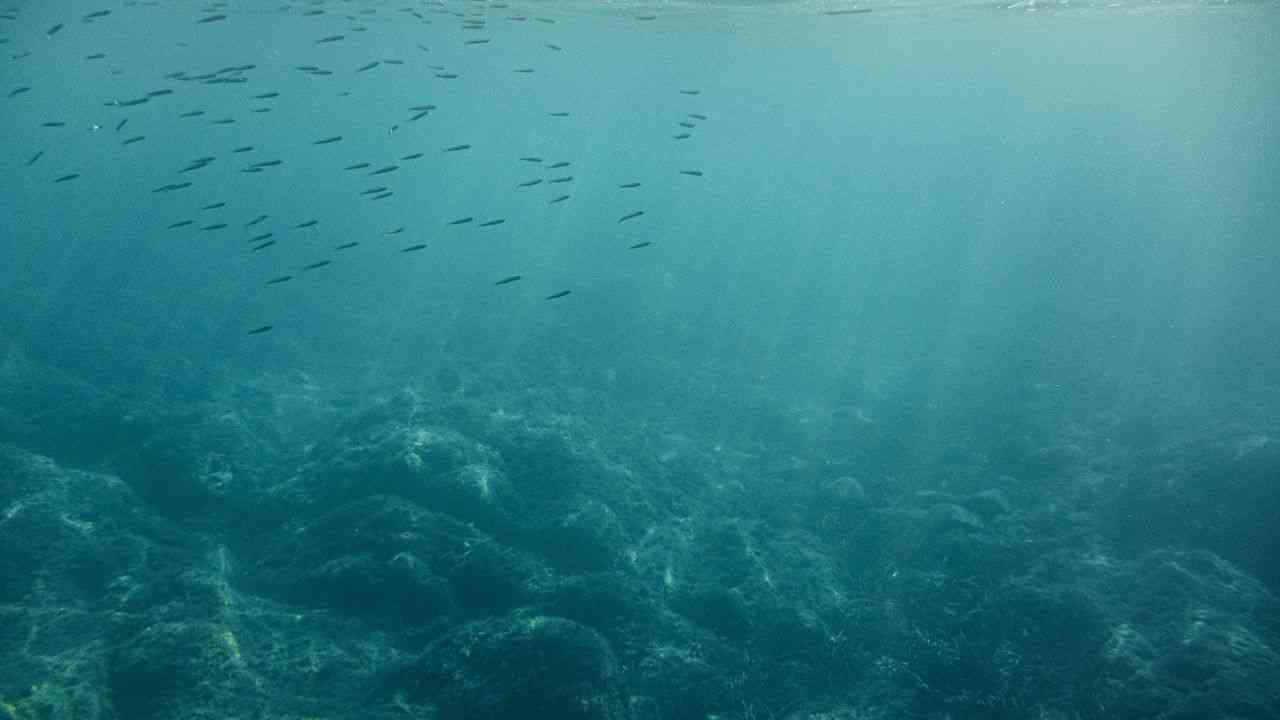Science
Lost on the Moon for 60 Years: AI Joins the Search
23 February 2026

Education is burdened by the pursuit of good results in global student competency assessments (for example, PISA, PIRLS or TIMSS), which have become benchmarks for school and teacher effectiveness. Consequently, many education systems are abandoning the focus on the learning process itself, crucial for children’s and teenagers’ development. Schools are tasked with both inclusion and strengthening students’ motivation to take responsibility for their development. As a result, institutions, teachers, and students themselves are placed in a position doomed to failure.
For most of us, education means overcoming successive thresholds on the path to adulthood, all in the context of exam results and grades issued by teachers. To describe the changes occurring in students’ minds and attitudes as objectively as possible, neutral criteria and tools are needed. Those currently used to assess learning outcomes (e.g. the PISA test) are not entirely friendly and do not foster the development of successive generations.
Many of us love watching professional sports. We most enjoy seeing our favorite athletes win. Yet we constantly repeat that it is not really about the medals themselves, but about observing the athletes’ struggles. This is true – as long as our favorites are winning. Otherwise, our enthusiasm decidedly wanes. It’s similar when observing our children’s learning. At first, everything delights us. Over time, we want them to know a bit more and for knowledge acquisition to come a bit easier for them. When grades appear, and especially exams, acceptance of failures systematically disappears. In school too, gold medals count above all.
The analysis of young generations’ learning progress is conducted worldwide. The most popular is the PISA test carried out by the OECD (Organisation for Economic Co-operation and Development), an association of 38 highly developed and democratic countries. It serves to assess fifteen-year-olds’ use of skills and knowledge in reading, mathematics and science. Students solve specially prepared computer tests, consisting of multiple-choice and open-ended questions. They also complete questionnaires about themselves and their place of learning (student behavior, discipline enforcement, and other aspects of school functioning are evaluated).

The TIMSS and PIRLS studies are conducted by the International Association for the Evaluation of Educational Achievement. TIMSS is typically held every four years, involving two cohorts – one with students around age 10 and another with 14-year-olds. The assessment is available in both digital and paper formats, utilizing multiple-choice and open-ended questions to evaluate knowledge, understanding, and application of science and mathematics. PIRLS, conducted quinquennially, targets 9–10 year-olds. It too offers digital and paper-based testing options. Participants respond to open-ended and multiple-choice questions, assessing reading competencies with a focus on literary experience and information acquisition and use. Students also complete a questionnaire about their learning attitudes, while teachers, principals, and parents answer questions related to lesson organization and the broader school (and home) environment.
PISA test aims to evaluate a country’s education system, emphasizing socio-economic factors and equitable access to knowledge. PIRLS and TIMSS focus on students’ mastery of the curriculum and practical application of acquired knowledge and skills. In principle, PISA, TIMSS, and PIRLS can be good indicators of a country’s achievements – provided the data is robust and observed trends sufficiently pronounced. In most cases, however, country-level statistics are disorganized and not entirely reliable. These studies primarily serve to fuel international discourse on education but lack nuance. Consequently, the rich dataset generated by PISA, TIMSS, PIRLS, and similar tests proves most useful to the researchers conducting these studies, rather than being properly disseminated to or effectively utilized by teachers.
We recommend: A New Opening of Science. The Struggle for Access to Knowledge Goes On
The development of students is a complex matter in schools. While the goals and principles of education suggest a space where pupils gradually mature under teacher guidance, numerous variables can lead to the loss of self-belief, motivation, and dignity for many students. It is no coincidence that school-related stress dreams are common. Yet it would be unfair to see schools only as nightmares; many teachers do excellent work. However, they too are subject to imposed rigors, unjustified evaluations, and accountability for unattainable results given their working conditions.
Quality education begins with teacher and student autonomy – freedom in setting goals and methods for personal development. It requires abandoning rankings, uniform requirements, and assessments based on peer comparisons. Development is a journey towards a goal that is important and achievable for the individual, using available resources. A bird can hardly become the best swimmer, just as a snail will never outrun a cheetah. Yet individual limitations should not negate students’ chances simply because their potential does not fit predetermined success criteria. Schools’ strength could and should lie in diversity – moving away from top-down prescriptions of what each student must memorize and apply to pass a test. Rigid requirements should be replaced with assessments of individual readiness, aptitudes, and interests. After all, in the adult world, they will differ significantly. Why, then, when they are younger, are they expected to be the same?
In examining modern education, the focus increasingly falls on the contemporary teacher’s image – their ability to build relationships, establish rapport, and communicate effectively. Today’s educational institutions should primarily be schools of dialogue, yet often remain places of unreflective transmission and reproduction of specific knowledge or basic skills development. This is not the optimal model. Glenn Doman, the renowned American neurosurgeon and founder of the Institutes for the Achievement of Human Potential in Philadelphia, emphasized that learning is the most wonderful and joyful game in the world. Most children are born and live long with the belief that learning can be fun – until adults manage to convince them that education is, in fact, hard and unpleasant work.
Voices increasingly oppose the view that anyone who completes the appropriate course of study should automatically receive a teaching license. Both the institutions training future educators and, subsequently, school principals should take greater responsibility for who they allow to work with students and to what extent. Beyond education standards, a set of essential competencies that every teacher should possess and practically apply should be developed. Such a set would enable not only an analysis of a graduate’s preparation for future work but also ongoing monitoring of their activity once employed in a school.
Schools should be trampolines and teachers – providers of fishing rods. The trampoline enables a child to leap and overcome barriers. The fishing rod metaphorically represents the skills crucial for effective student learning. For this to occur, the core set of teaching competencies (beyond necessary knowledge) should encompass areas related to psychoeducation – from essential developmental psychology basics, through principles of learning, memory, and motivation, to skills in positively influencing others. A teaching license is the right to totally, sometimes irreversibly, change people. It should be granted to those most predisposed to this task.
We recommend: Where There’s a Will, There’s a Way? The Key to Success in Life
In many areas of our lives, it is increasingly not about catching the rabbit, but chasing it – especially when the rabbit not only runs away but also comes curiously to the carrot occasionally waved at it. This is precisely the foundation of political systems, marketing, and most daily relationships we build with others. Modern education should operate on the same principle.
Today, knowledge and even most skills can be easily acquired through the vast resources of the internet. The challenge teachers (and most adults) face is effectively inspiring and motivating the young generation to purposefully use these opportunities, and to cultivate an intrinsic desire for learning and self-improvement.
Conditioning formal confirmation of children and youth development on obtaining grades and high scores on exams will not achieve much, especially since each young person is a collection of diverse individual characteristics, needs, and predispositions. Much more beneficial is the opportunity to recognize and identify their resources and limitations, acquire skills for critical evaluation of encountered content, and take action to effectively process the reality in which they live. Today’s education should increasingly serve not to memorize and share possessed knowledge with others, but to build readiness for change and the ability to participate in an ever-evolving reality. We must cultivate in young people an awareness of the challenges and benefits that can come from influencing the world in which we live.
Translation: Klaudia Tarasiewicz
Polish version: Edukacja to coś więcej niż miejsce w rankingu. Badania PISA, TIMSS i PIRLS krytycznym okiem


Science
22 February 2026

Zmień tryb na ciemny